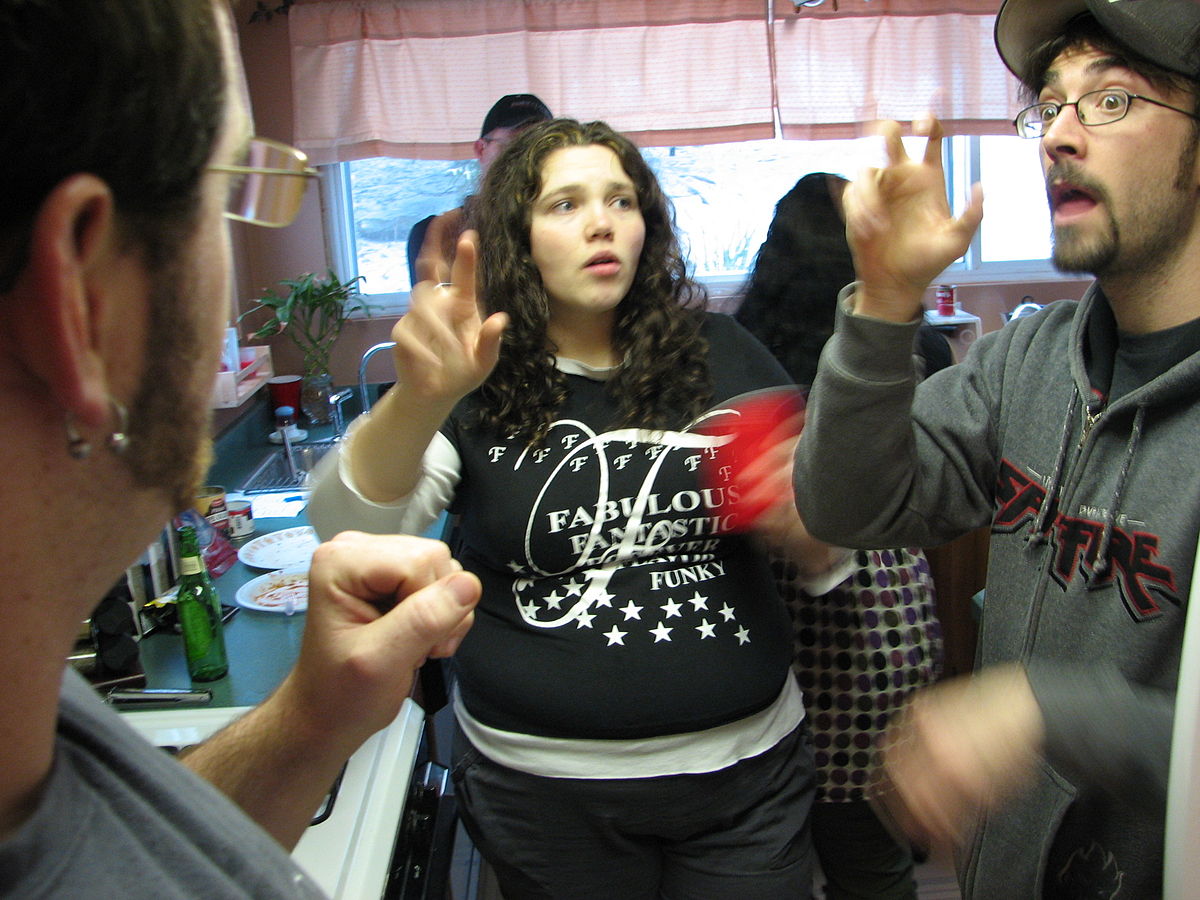
Say what you mean!
.
Maybe it’s the increasing reach of social media, or maybe I’m just getting crotchety in my declining years, but I’m noticing more people in the gun world speaking in code rather than plain language. I think that’s a mistake.
Every field of interest that you can find has its own lingua franca, a way of communicating to other members of the group. Sometimes it’s out of necessity (technical terms, for instance, that just don’t exist in common language); sometimes it’s an efficiency issue (using a colloquialism or an acronym sometimes saves a lot of time, especially in fields like medicine where polysyllabic terms are the norm); and sometimes it’s just used to exclude those who aren’t part of the group — to give the other members of the group a feeling of both inclusiveness and exclusivity.
It’s that last one which bothers me, not so much because of the cliquishness it engenders but because of the dangers it brings. In the gun world we deal with things that are accessible by the common person, but are dangerous if misused and are a lightning rod for political activism. I think it’s incumbent upon us to make sure that we’re understood, but some of our language tends to obfuscate our meaning.
Take, for instance, the term “keep your booger hook off the bang switch.” I see this one a lot, and I’m sure every person using it thinks they’re as clever as can be, but it serves no purpose other than to mask what is an important safety rule: keep your finger somewhere other than on the trigger unless you’re actually shooting. It’s a rule that all of us — beginners and seasoned shooters — need to be reminded of constantly.
The problem is that the statement in question requires the listener (or reader) to first figure out what the substitute terms are (“booger hook” means finger, and “bang switch” means trigger) and then reconstruct the sentence using the more accurate language. It’s just one more layer of complexity on top of what should be a simple admonition.
Of course, if the person is a new shooter whose social circles don’t usually include people who pick their noses in public, the term “booger hook” is likely to be completely foreign and not a little disgusting. What’s the chance that someone new to guns is going to be helped by the more colorful language? Pretty close to zero, yet I’ve seen people coaching new shooters say exactly that!
I’ve watched more than one “instructor” flummox students with such in-group language. I’ve seen people use specialized terms from sports to explain shooting stance, for instance, without defining those terms in advance, leading the students to ask questions they shouldn’t need to ask (and some not asking at all, lest they be seen as ignorant — the worst possible outcome!) Talk about ammunition for “social purposes”, for instance, and a lot of people simply won’t get the reference: does that mean ammunition for a group outing at the range followed by a barbeque, or something else? The non-gun owner might get the impression that we really want to be out shooting other people. You and I know that’s not the case, but what else could “social purposes” mean to them?
What about more experienced shooters? Surely, one would think, using the terminology of the field would be appropriate around them. Sometimes, perhaps, but when it comes to safety rules I’d say no: rules should be immediately understood without needing an intermediate interpretation. The problem with the cutesy sayings is that once you’re used to using them you tend to use them even when they’re not advisable. They become an abstraction, something we don’t immediately attach to the actual meaning even when we really need to do so, and safety is one area where I think we need to be as unambiguous as is humanly possible.
Beyond the safety issues, the substitute terms serve to exclude those who don’t understand the meaning or feel uncomfortable using them. I’ve written before of the need to welcome new shooters into our midst, and there’s enough new terminology for them to grasp without adding another layer of language on top of it. Since we are a part of society that seemingly needs to fight for every little political advantage, what good is there in alienating the fence-sitters by talking in a manner that they can’t understand without first being a member of the in-group? The clearer we are, the better we can get our message of responsible firearms ownership out to the masses.
When it comes to firearms, and particularly when it comes to safe handling of those firearms, be clear — say exactly what you mean. Save the colloquialisms for safe sports, like golf, where a delay for interpretation doesn’t mean grievous injury and where there’s no political downside to turning off new participants.
-=[ Grant ]=-
- Posted by Grant Cunningham
- On September 3, 2014


